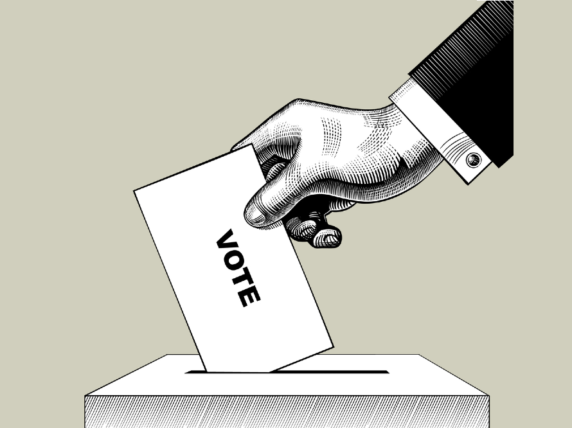A more inclusive C7 for a more accountable G7
Civil society plays a paramount role in a healthy society. An active, strong, and participatory civic space is the backbone of democracy, and it provides a platform for discussion and debate of society’s most pressing challenges, and more importantly an arena for ideation of potential solutions.
In a volatile, uncertain, and increasingly polarised world, civic spaces become even more vital to serve as a channel to amplify people’s voices to power holders.
This year Japan holds the presidency of the G7, originally an exclusive group of countries that held 70% of the world’s GDP. Today, it represents around 40% of the global GDP. Despite this relative decline, the G7 countries continue to have a substantial influence with the power of shaping the global agenda. In parallel to the powerful G7, another less popular but perhaps more inclusive forum, Civil Society 7, has been working across continents to represent and articulate policy asks and recommendations to this forum.
Inclusive civil society as a conduit for change
Platforms and forums such as the C7 provide an official framework to bridge the gap between power holders and the rest of society. The continuity and consolidation of formal and informal structures of civic spaces are fundamental for society’s well-being, to preserve democratic values, to remain vigilant against crises and conflicts, and be a faithful custodian of human rights. But unfortunately, we see how worldwide the civic space is shrinking, and unsurprisingly but extremely regrettably, the regions and countries most affected by this phenomenon are the ones struggling the most with poor-performing economies, crises, and conflict.
Conscious efforts have been undertaken to make international spaces more accessible and to better represent the diversity of opinions, races, gender representation, and cultures. These endeavours should be acknowledged, but it would be both naive and irresponsible to be satisfied with the progress. It is often the case that the people that will suffer the most from global policies and decisions are the ones that do not have a seat at the table. Local leaders and grassroots organisations that are closer to communities in crisis and are witnesses of the social injustices G7 leaders have committed to eradicating – ranging from the climate crisis, food insecurity, and lack of education, especially for girls – are yet to be fully represented in these forums. Their voice matters, their story matters and they bring invaluable insights and solutions to guide these discussions.
Subscribe to our newsletter
Our weekly email newsletter, Network News, is an indispensable weekly digest of the latest updates on funding, jobs, resources, news and learning opportunities in the international development sector.
Get Network NewsShaping the global agenda, a unifying goal
While lack of representation and inclusiveness in international platforms reflect deeper societal injustices and changing the status quo is a multi-stakeholder responsibility, it is paramount that the third sector takes action to enable more inclusive and context-driven discussions to achieve better outcomes at a policy level. Here are three ways to contribute:
- Opening spaces – Civil society is responding to crises, conflicts, and climate, and combating structural problems worldwide. Recognising the value of local and national actors and advocating with them and for them in our spheres of influence should be at the core of our work.
- Fewer catchy pledges, more accountability – G7 summits are not short of commitments but delivering them is the real issue. Global leaders, institutions, diplomacy, and multilateralism are suffering a legitimacy crisis. This is why civil society needs to constructively and actively hold leaders to account and request coherence between pledges and policies.
- Being a constructive and critical ally – Some may argue that civil society focuses too much on the problems, well, making challenges visible is part of our role, but only partially. Civil society is also a source of innovative solutions and can be a strategic partner to governments, bringing insights and expertise to inform policy and shape the global agenda.
This year’s C7 Communique was presented to the Japanese Prime Minister Kishida in April, ahead of the Civil Society 7 Summit. As part of the Humanitarian Assistance and Conflict Working Group, it is our hope that the recommendations pertaining to Humanitarian Conflict and Assistance, especially those focused on empowering local action and leadership, expanding disaster risk finance and anticipatory action, and prioritising education in emergencies, provide a guide to G7 leaders to better respond to the immense strain the aid sector is under and better support the communities we aim to serve.
Category
News & Views



